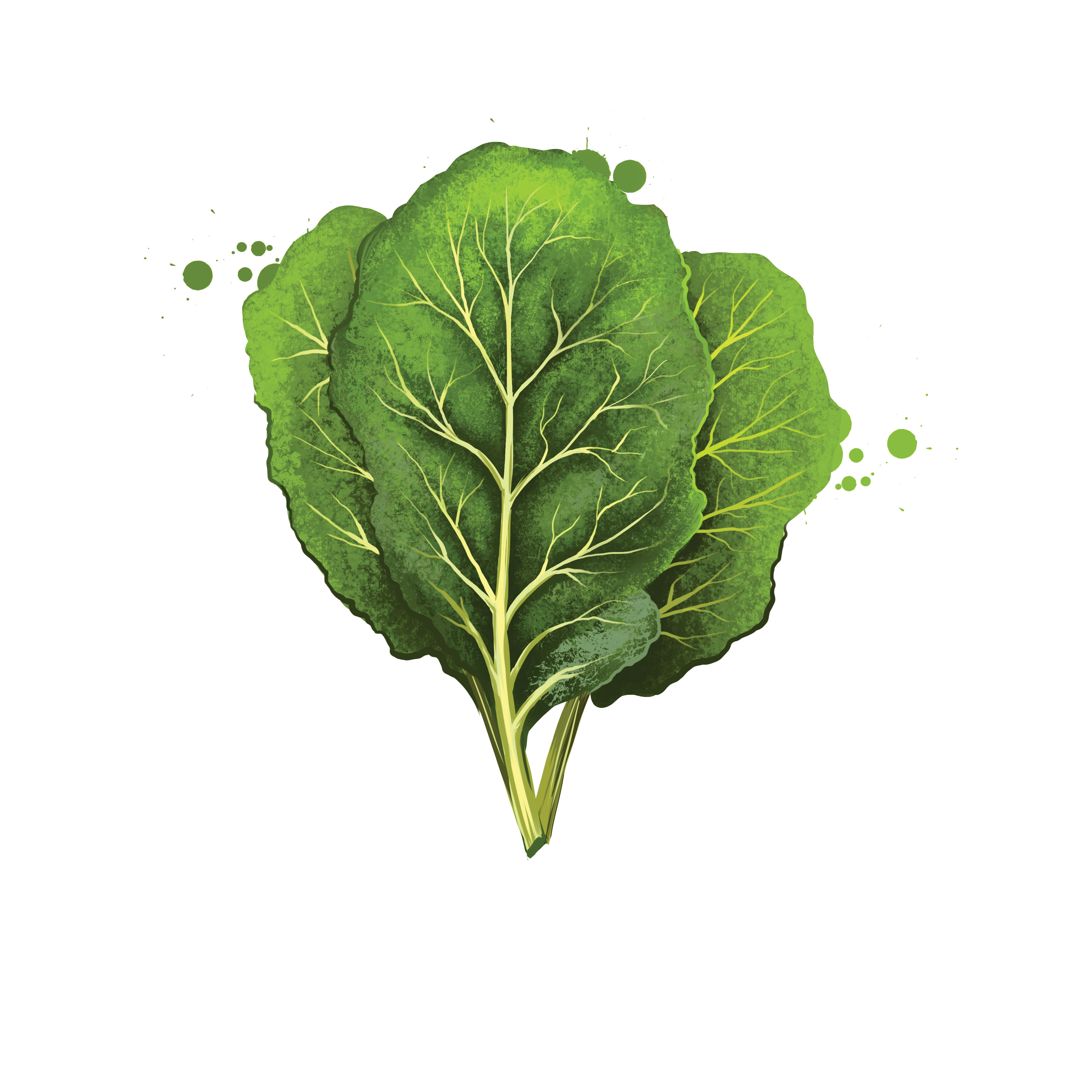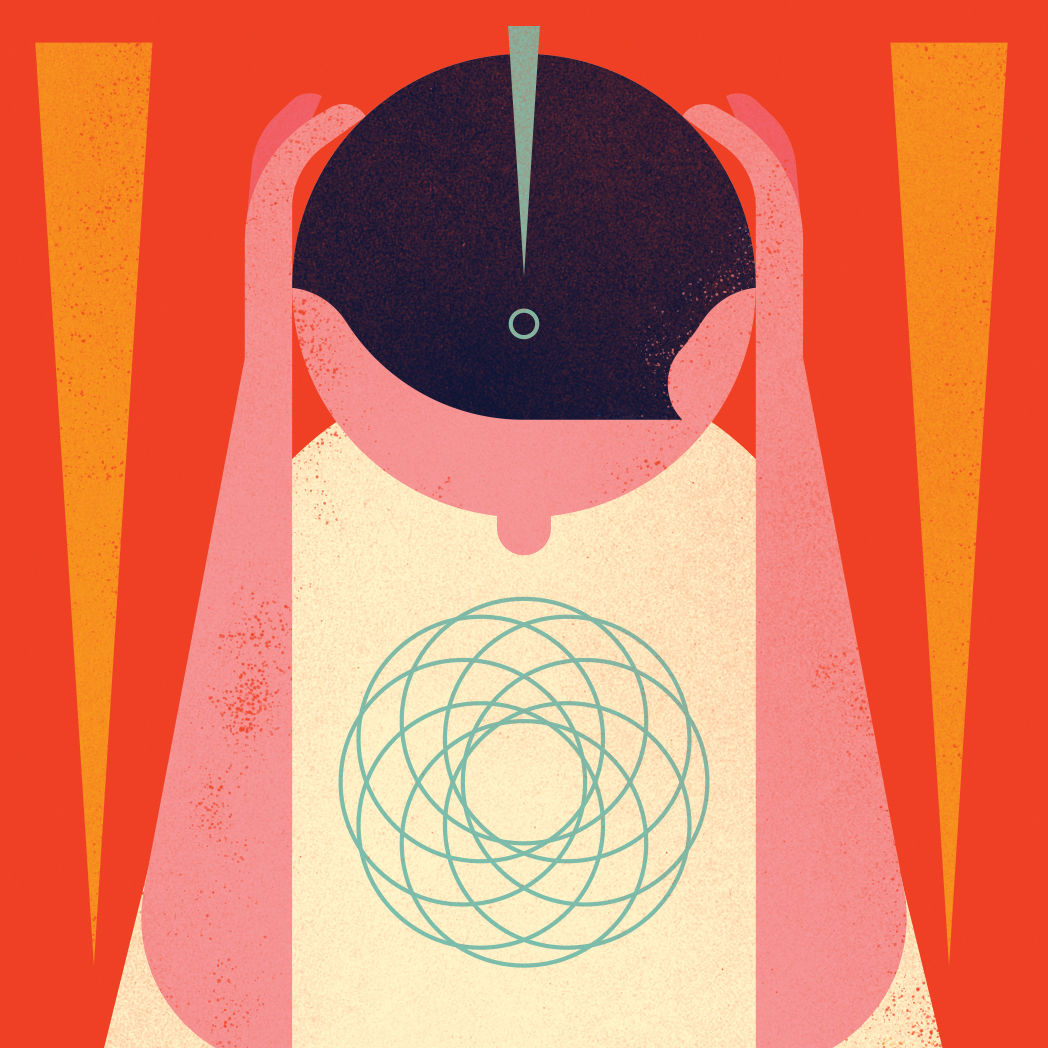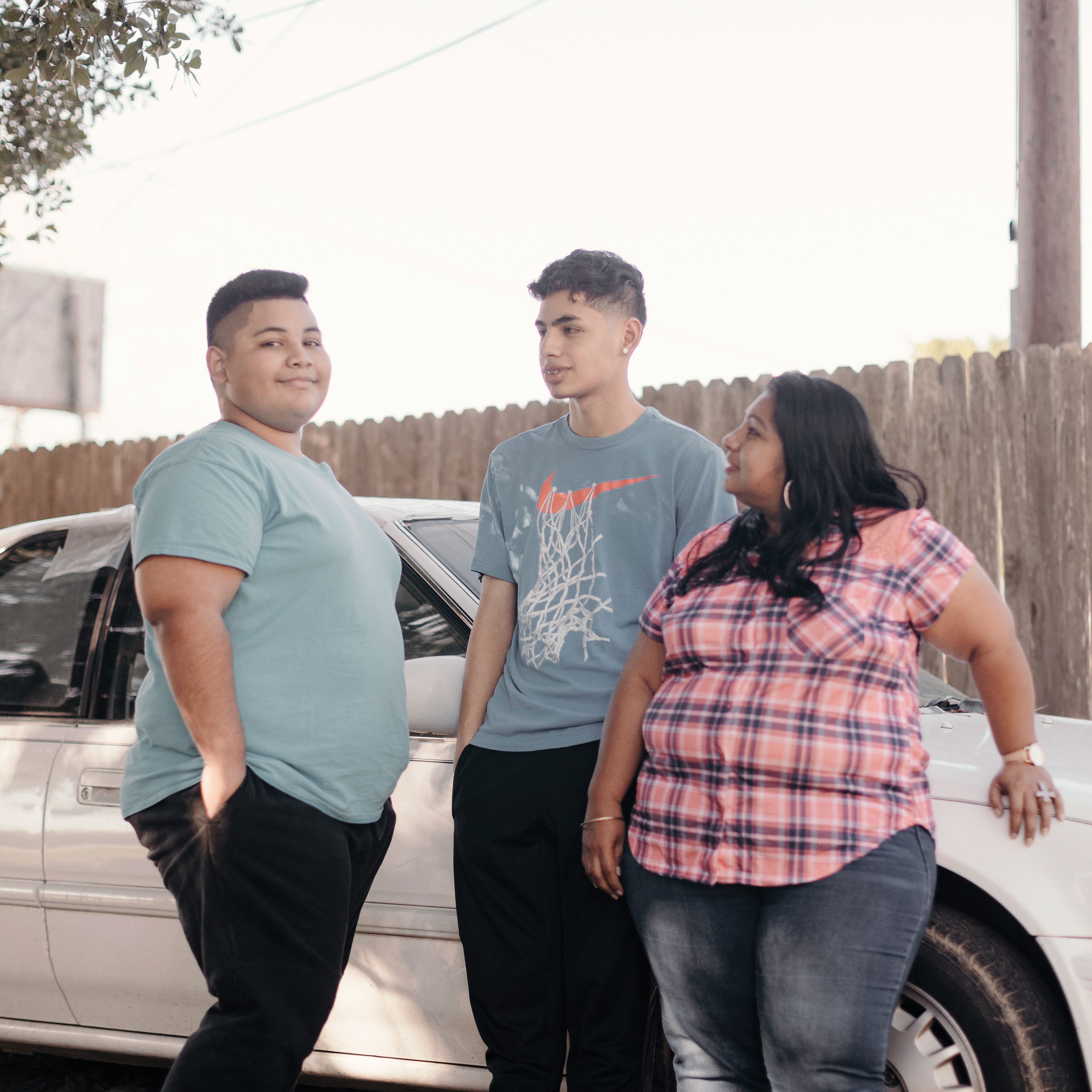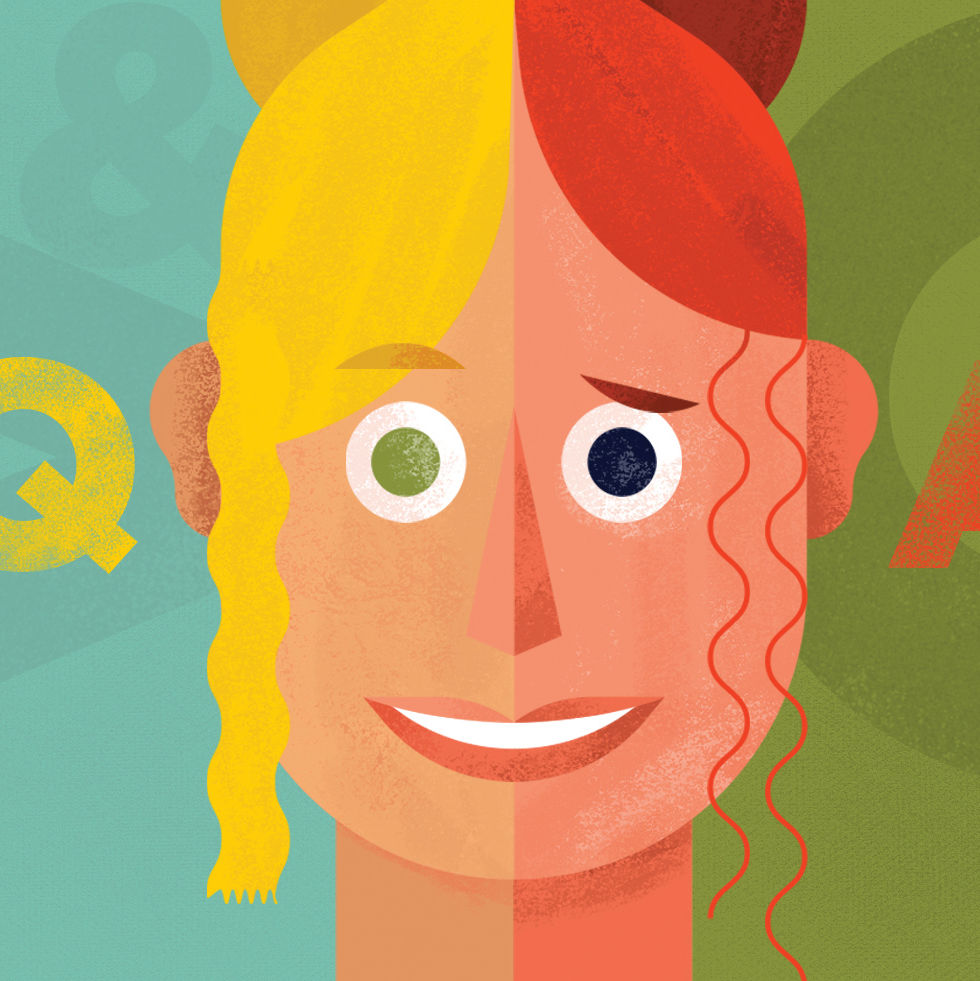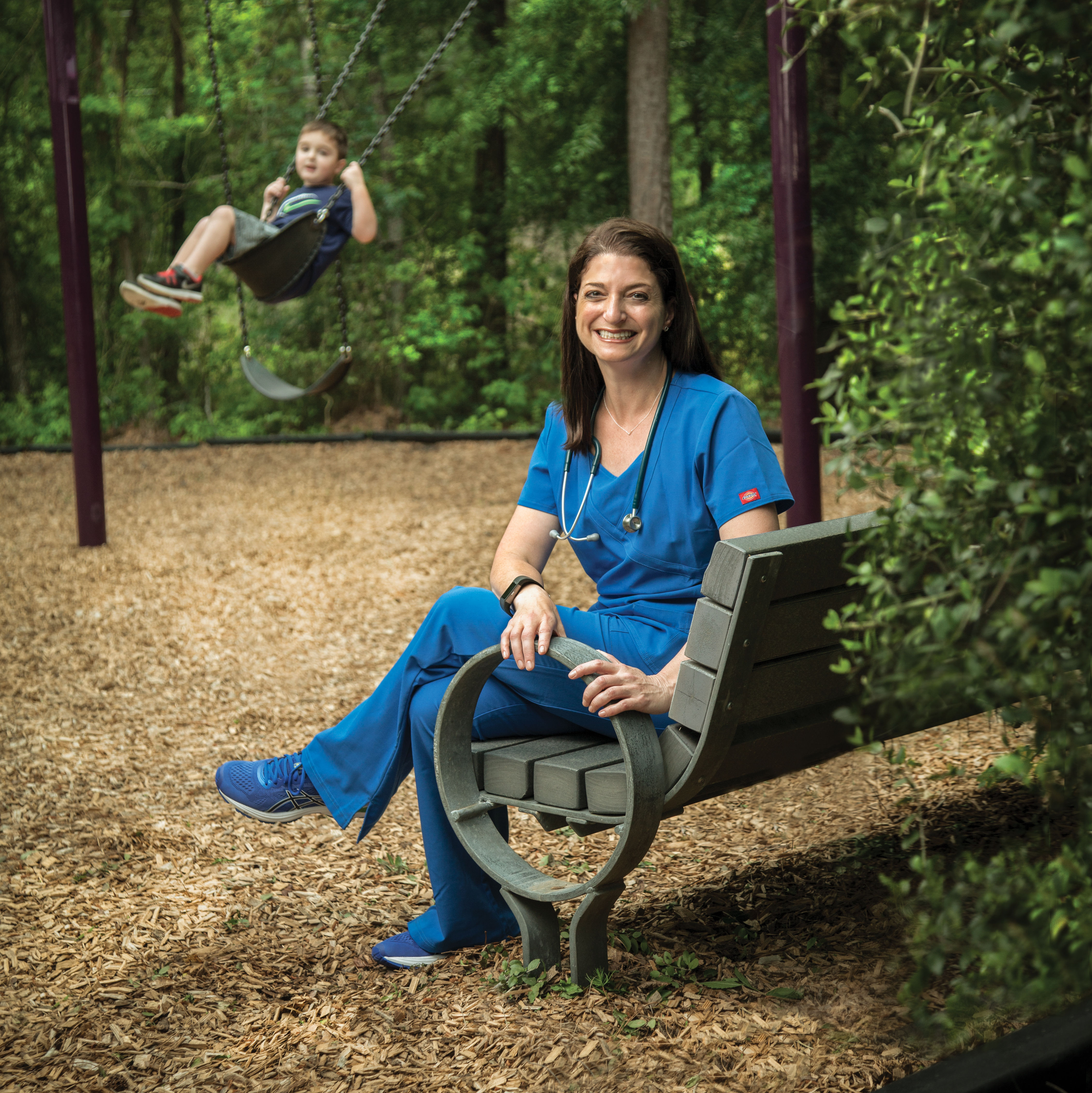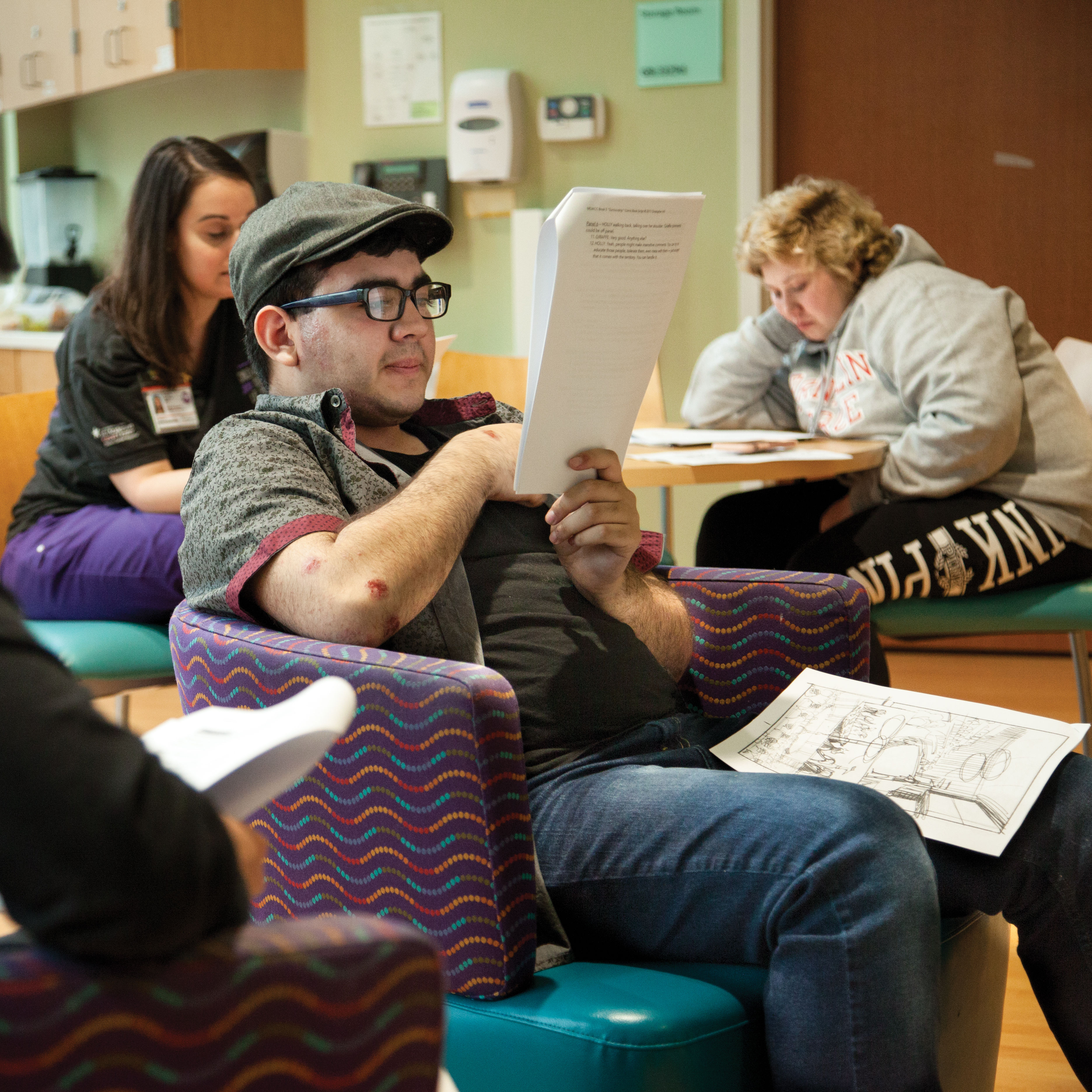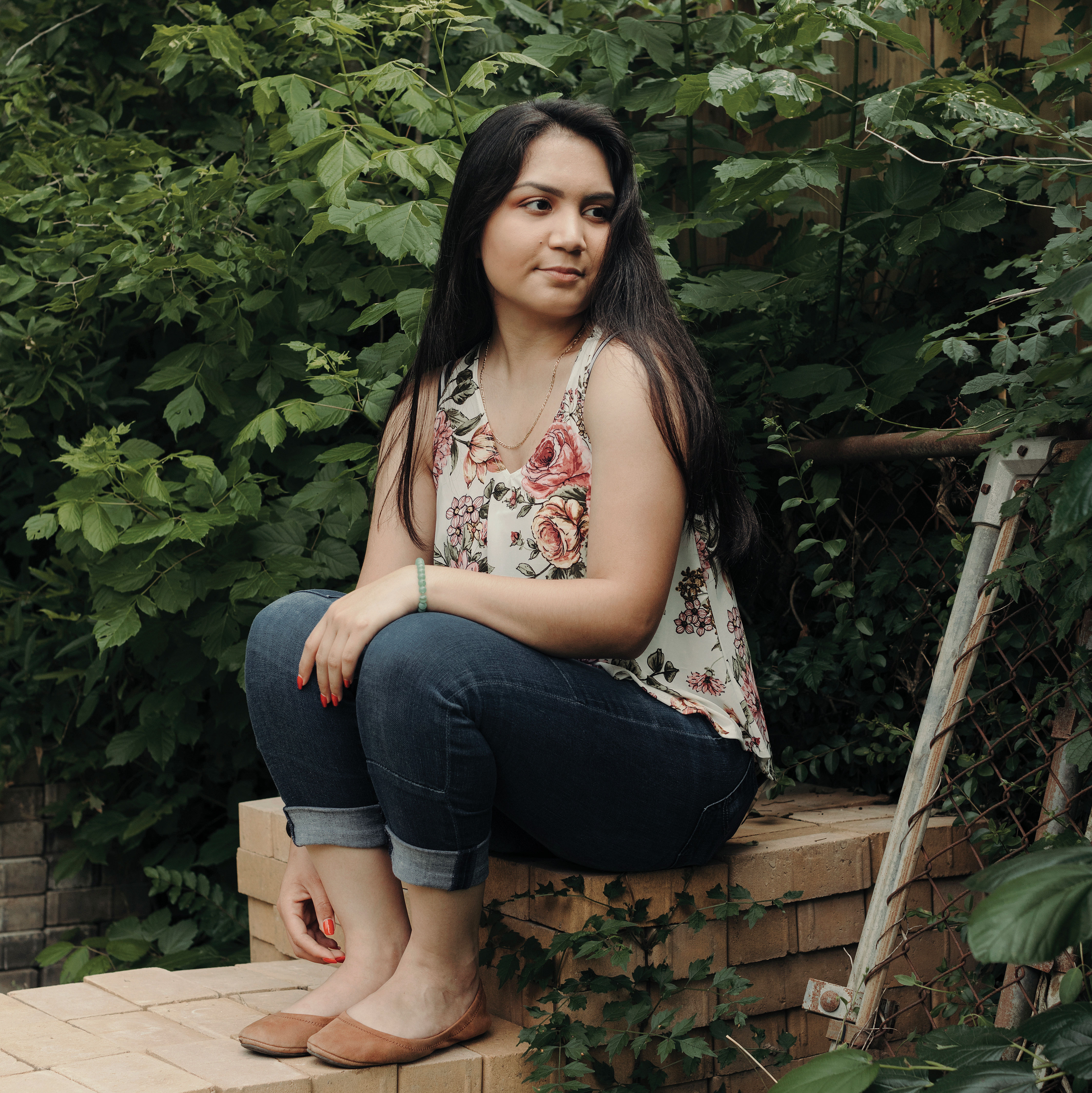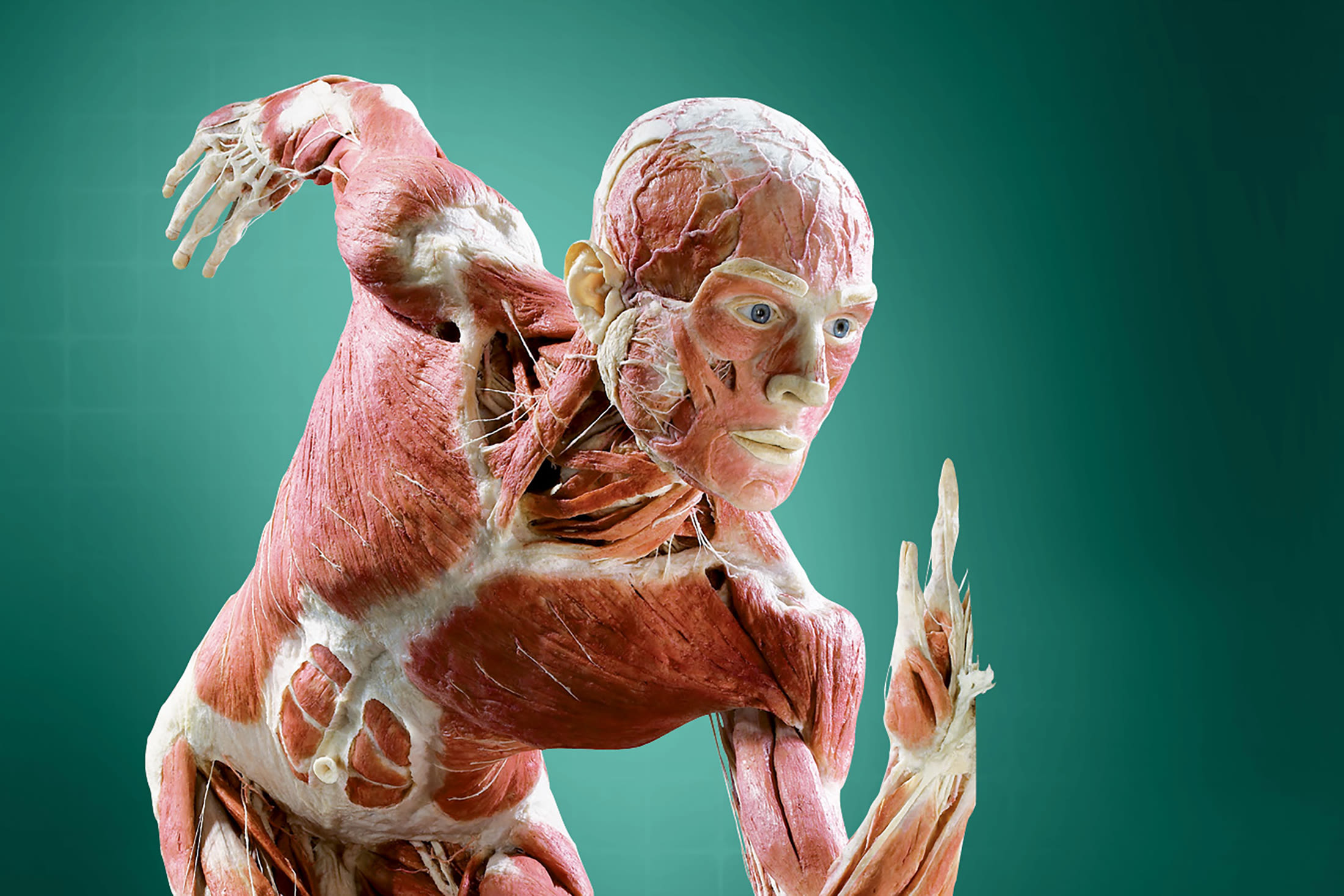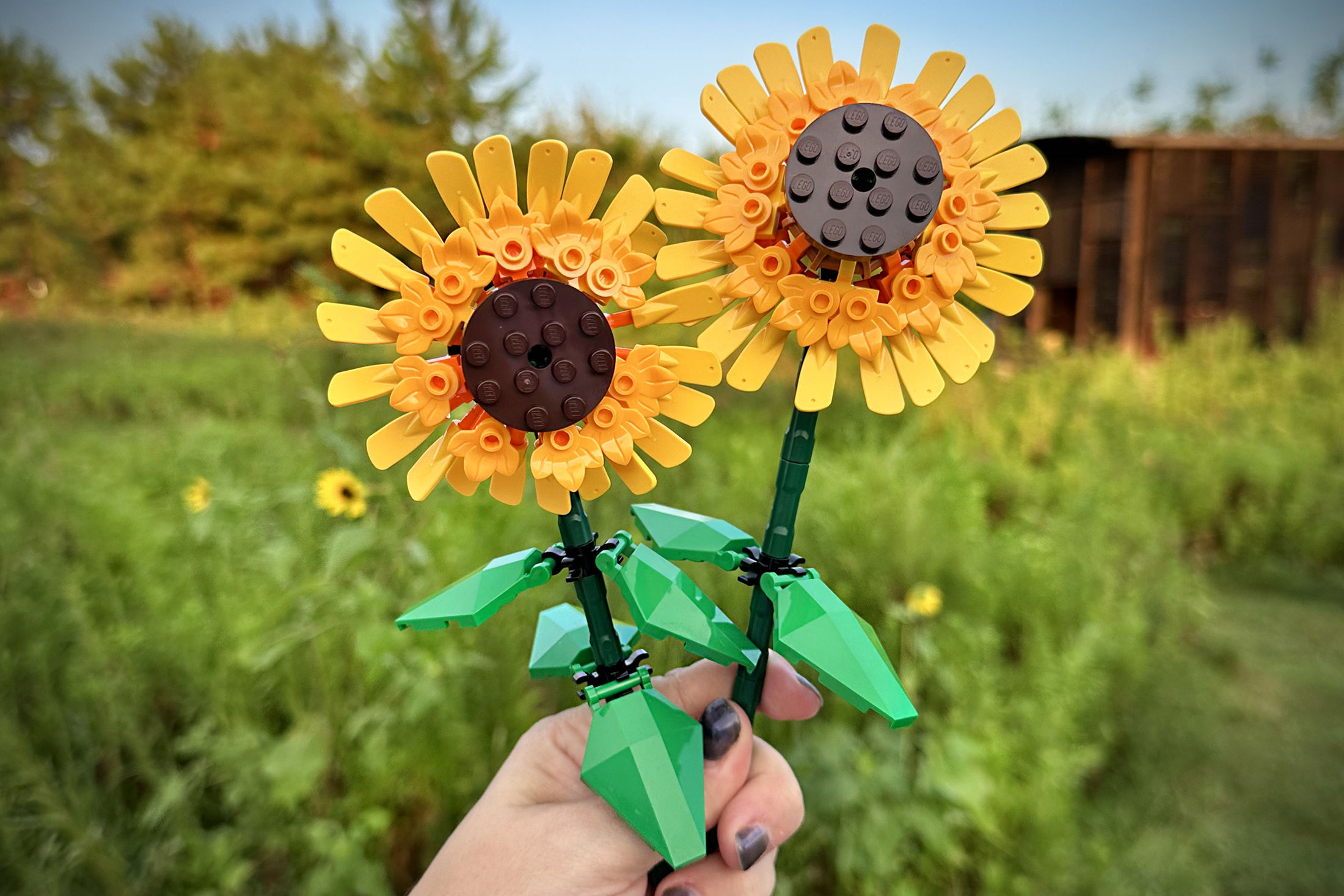What Parents Need to Know About Their Teens and Opiods
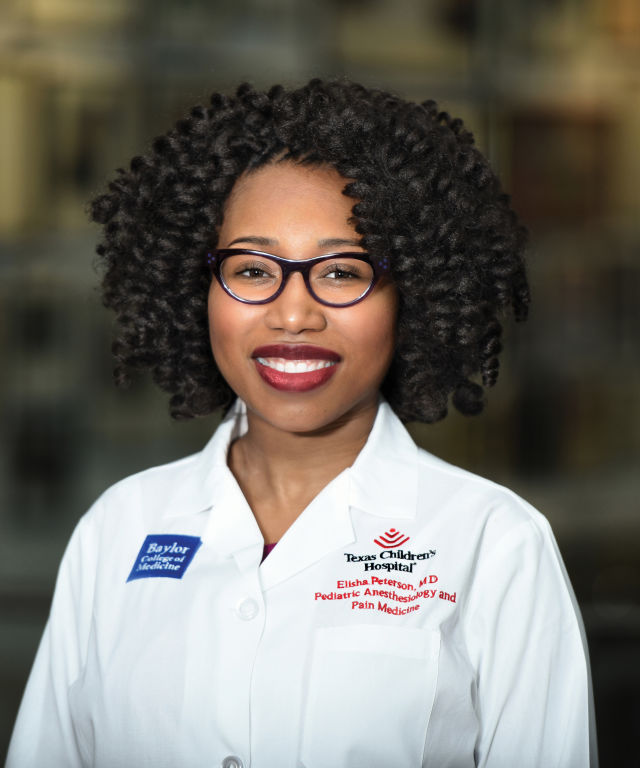
STORIES ABOUT AMERICA’S OPIOID EPIDEMIC are splashed across newspapers and on covers of magazines with regularity these days. The issue was even a central focus of the 2016 presidential campaign and has brought about policy changes in Washington, DC, and throughout the country.
But most of the discussion around addiction to prescription pain medication focuses on adults. Often lost in the rhetoric are children, who are exposed to similar medications as the result of surgeries or long-term illness. Data shows, however, that cases of opioid addictions in teenage ER patients increased by nearly 18 percent between 2008 and 2013.
Dr. Elisha Peterson, a pediatric anesthesiologist at Texas Children’s Hospital, is acutely aware of the growing problem and says it’s something doctors and parents alike have to take responsibility for.
How can doctors like yourself play a role in preventing abuse of pain medication?
Dr. Elisha Peterson: A lot of our concerns about medications and abusing medications can be mitigated if we just have a comprehensive plan prior to surgery. The adage “an ounce of prevention is worth a pound of cure” is absolutely true.
How do you prepare families and kids for procedures that may result in pain?
EP: There has to be an open line of communication... Getting families mentally prepared a week in advance, and introducing our child life services, getting them used to what they are going to see, what they are going to hear [is important]. For older kids, they need more time. Three to four weeks gives them time to ask questions and feel they have some autonomy and control over the situation.
What are some of the most significant risk factors of prescribing pain meds to kids?
EP: Does the person receiving these pain medications have a risk factor for substance abuse? Is there a past or current substance abuse history? Are there any untreated psychological illnesses present? Is there an unhealthy social environment? We also want the person who is the primary medical caretaker to be someone without this type of history.
Are there any types of pain treatments besides medication you recommend for children?
EP: We use something called multidisciplinary care, not relying only on medications to address pain, but also optimizing function as best we can. We also utilize psychological therapies. I know some individuals might have in their minds that cognitive behavioral therapy is “alternative,” but actually it’s a central component of care when it comes to children who have chronic pain.
How do cognitive behavioral or psychological therapies help with reducing pain?
EP: We know that a risk factor for persistent post-surgical pain is anxiety. If a child has anxiety, it can make that child vulnerable to having pain for a longer period of time than a child who doesn’t have anxiety pre-operatively. Anxiety in the parent has been associated with worsening pain in a child as well.
Are there other ways to help ease pain, especially immediately after a surgery?
EP: While we are waiting for the pain medication to kick in, we should optimize some of these non-pharmacological strategies such as deep breathing and distraction. Spending time talking with a child, singing, reading books, playing video games, watching TV; these are things we can do while we’re waiting for those pain medications to work.
What actions should parents avoid once they get home?
EP: I would not recommend going online to find out how to dose medications, or doubling the dose on their own. Also, if Cousin Jack had a surgery not that long ago, and you want to use his pain medication, stick with the medication schedule prescribed instead. All of these things we are absolutely against.
What can parents do at home to prevent abuse?
EP: For the more powerful pain medications, keep it in a secure, even locked, location with a notepad and pen to write down what dose they received at what time and the date. It’s so easy in the course of a busy day to forget if that child took their pain medication, especially if the child has to take other medications.
Any other advice for parents?
EP: Be vocal. No question is dumb. No comment is silly. Parents know their children the best, and [doctors] need their insight.
(This article has been edited for length and clarity.)
